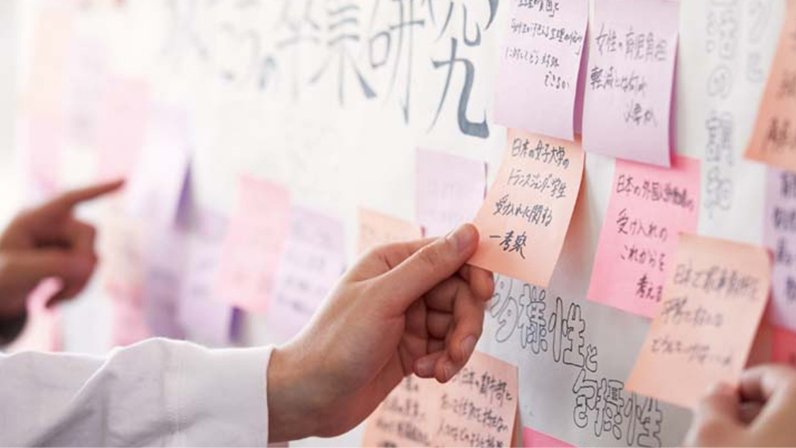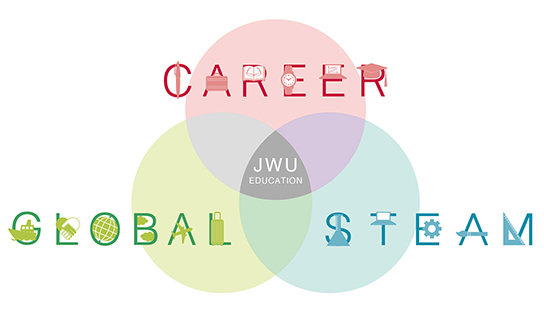Ascertaining the nature of clothing from scientific and cultural perspectives, and nurturing students who can create clothing that is useful in improving daily life
The current age in which our lifestyle environments are dramatically changing. What should the nature of clothing be in such a day and age? The Department of Clothing comprehensively researches this question from both scientific and cultural perspectives. By nurturing students who can create clothing that is useful in improving daily life the Department fosters the human resources who will work in diverse fields such as the textile and fashion sectors, and contribute to society.
Features of the Department
Provision of a curriculum for the comprehensive study of clothing
In addition to attaining specialized knowledge about clothing, in order to equip students with the ability to discover and solve various issues in society and daily life the Department provides subjects on the basic areas of materials and modelling as well as wide-ranging subjects on logistics, consumption, history, thought and culture. We provide a well-balanced curriculum that consists of lectures, experiments and seminars.
Introduction of courses aimed at realizing future goals
We provide three courses to foster human resources capable of working on the frontlines of society. Students can freely choose from 1) the Fashion Science Course; 2) the Fashion Design course; and 3) the Fashion Art Course, thereby establishing and executing study plans that meet their goals right from their first year.
Support for acquisition of qualifications through a diverse curriculum
The Department provides support for the acquisition of qualifications such as textile advisor (TA), textile evaluation expert (TES) and sitting the Pattern Making Examination. The acquisition of such qualifications enables students to go on to work in many fields such as apparel, textiles, education and research.
The four years of study at the Department of Clothing
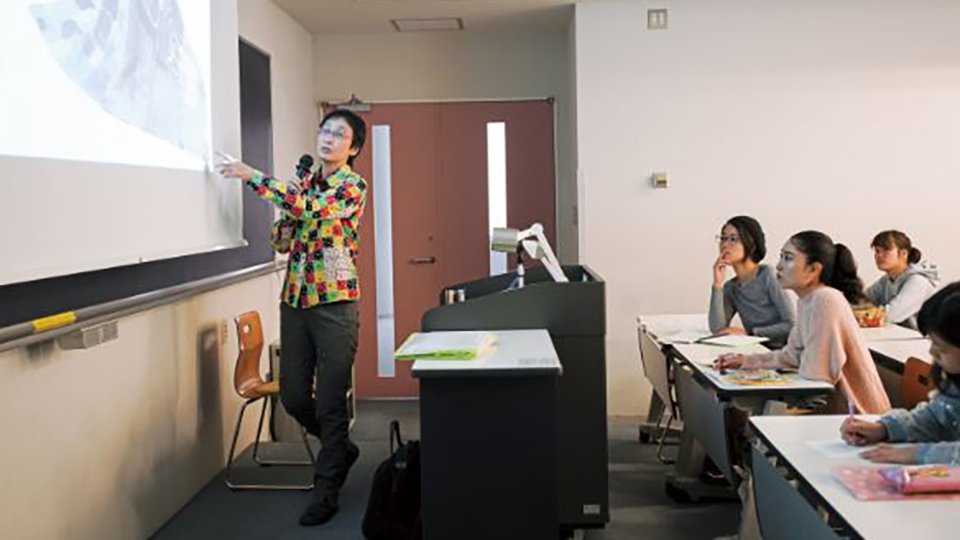
First year: Making a wide study of clothing and foster basic skills
As an introduction to the specialized subjects, students take various subjects providing outlines and basic experiments that provide the basic skills serving as a base for the four years.
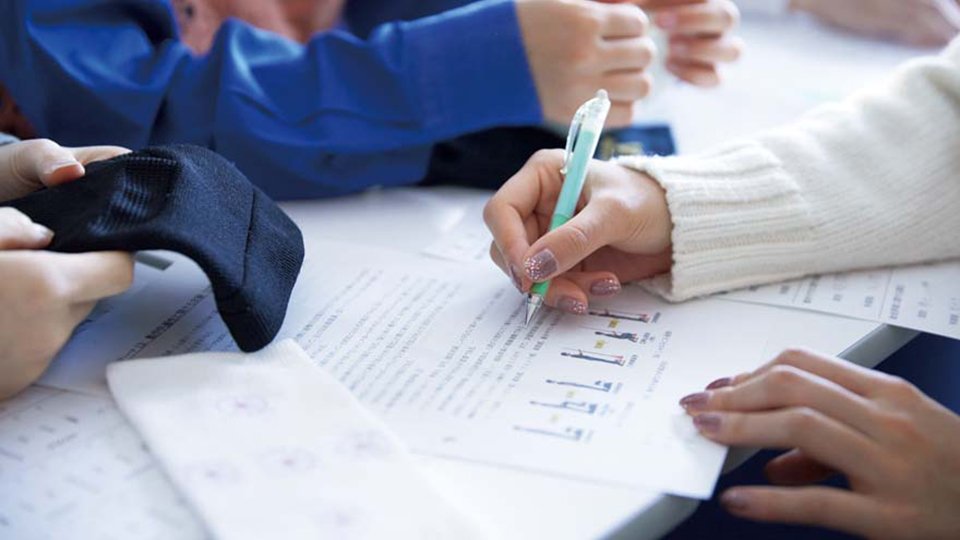
Second year: Selecting and studying specialized subjects and searching for own direction
Students select and study various specialized subjects related to clothing such as materials, modelling, clothing environment, care of clothing and textile dyeing, aesthetics and consumption, and search for their study direction.
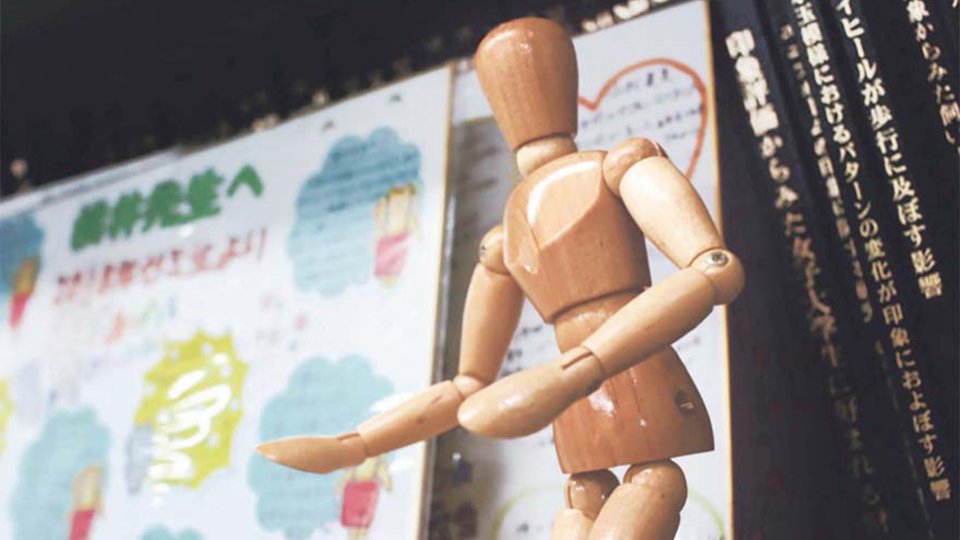
Third year: Developing applied competencies through graduation study seminar activities
Based on what students have learned in their second year, they decide upon which graduation study seminar they will be affiliated with. Students develop the basic knowledge and techniques they have built up, and deepen their areas of specialization.
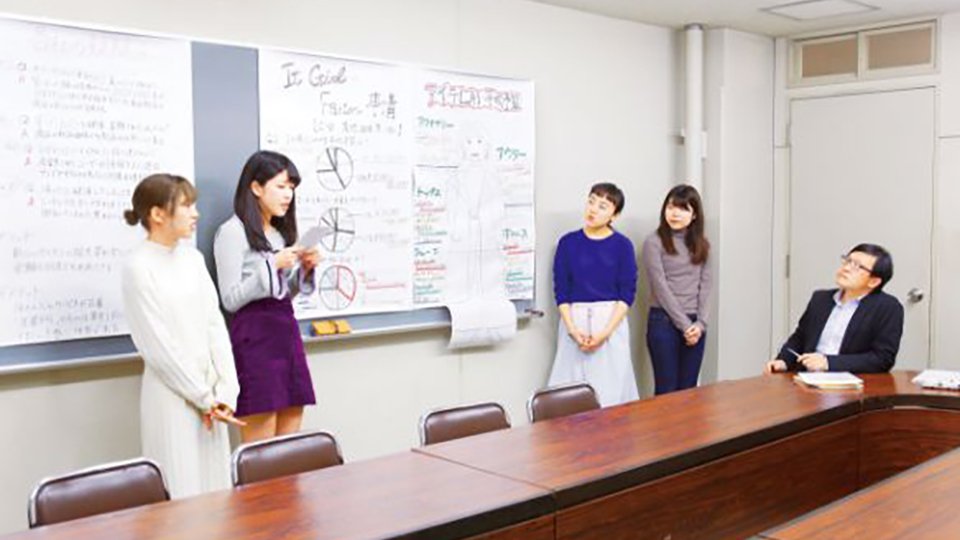
Fourth year: Compiling four years of study into a graduation thesis
As the compilation of the content of their research over the four years, students complete their graduation theses.
Class introduction
Comprehensive clothing seminar (fourth year)
Students select the themes closest to their own interest, conduct research and build up an objective perspective
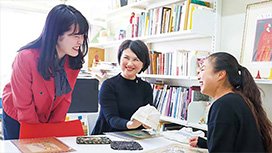
Professor
History of Western Clothing Culture
Students work on their graduation theses on the field of the fashion history in the West. They select the themes closest to their own interests, study how to write academic papers, research methodology, ways of searching for information, and acquire skills in the creation of academic papers. The professor provide support so that the graduation study seminar students can approach the task of writing by themselves and from their own individual perspectives. Through the writing of the graduation theses that represent the culmination of their four years of study the students further deepen their interest and awareness of their research themes. In addition, they experience both the fascination and strenuousness of enthusiastic research, and become equipped with the durability to draw conclusions and a tenacity to achieve things. I also hope that through this process the students will cultivate an ability to consider things from an objective stance based on data.
Faculty member introduction
Faculty members with a wide range of specialties provide education.


